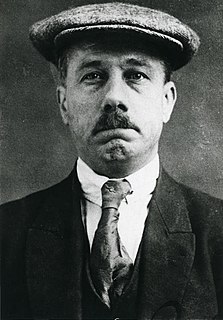A Quote by Karen Nussbaum
There are questions of real power and then there are questions of phony authority. You have to break through the phony authority to begin to fight the real questions of power.
Quote Topics
Related Quotes
There is a great difference, then, between "power" and "authority." Power refers to one's ability to coerce others (through physical, economic, or other means) to do one's bidding. One can possess the means of power: physical strength, armaments, and money. But authority must be performed. Authority refers to one's ability to gain the trust and willing obedience of others. While power rests on intimidation, authority survives through inspiration.
The real questions are the ones that obtrude upon your consciousness whether you like it or not, the ones that make your mind start vibrating like a jackhammer, the ones that you "come to terms with" only to discover that they are still there. The real questions refuse to be placated. They barge into your life at the times when it seems most important for them to stay away. They are the questions asked most frequently and answered most inadequately, the ones that reveal their true natures slowly, reluctantly, most often against your will.
The great philosophers of the 17th and 18th centuries did not think that epistemological questions floated free of questions about how the mind works. Those philosophers took a stand on all sorts of questions which nowadays we would classify as questions of psychology, and their views about psychological questions shaped their views about epistemology, as well they should have.
































